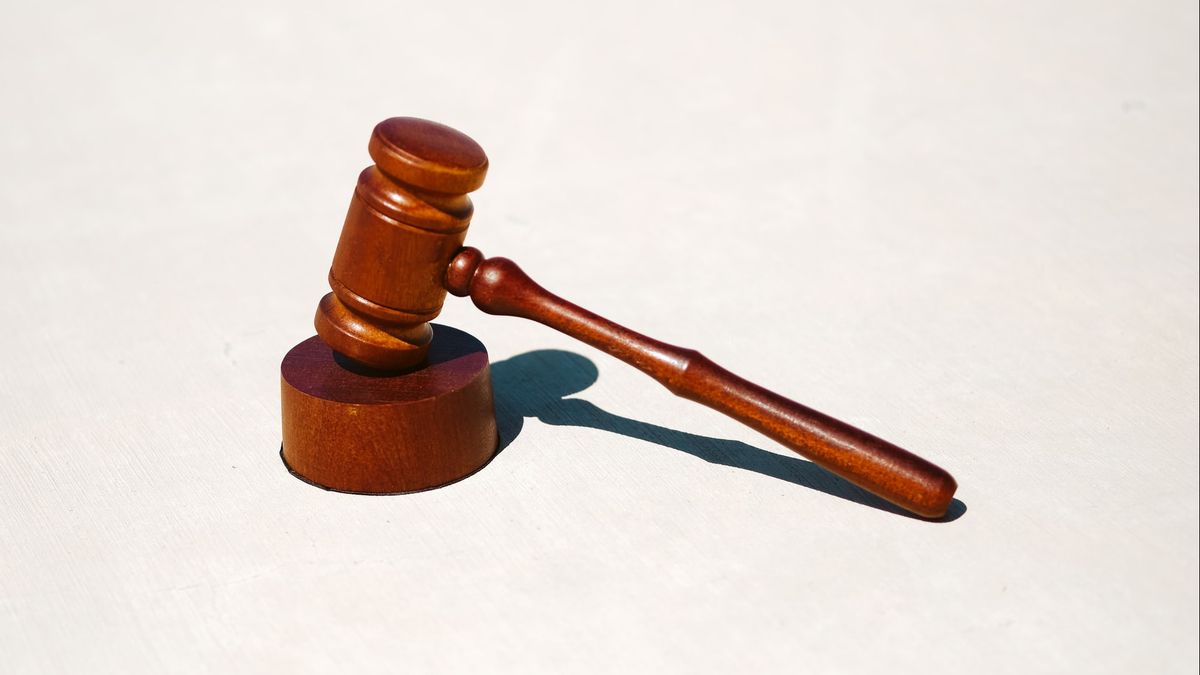JAKARTA - The South Korean court ruled that the Japanese government must pay compensation to victims of sexual slavery during World War II.
Launching Koreatimes Friday, January 8, the Seoul Central District Court ordered Japan to compensate 100 million Korean won per person for 12 South Korean women who were forced to work as sex slaves for Japanese soldiers during combat.
"Evidence, relevant material and testimony show that the victims suffered extreme and inconceivable mental and physical pain as a result of the accused's illegal actions. However, no compensation was given for their suffering," the court said in a ruling.
Launching Reuters, lawyer for the victims Kim Kang-won said he was touched by this verdict, because the Japanese government was finally held responsible for the atrocity.
It is feared that this decision will worsen the Japan-South Korea bilateral relations. Moreover, a court ruling in a similar case is expected to come out next week. Not to mention, there are still restrictions on Japanese exports imposed by South Korea.
Separately, the Ministry of Foreign Affairs of South Korea has not commented on this matter. But Ambassador Nam in Tokyo said he would try to prevent the ruling from having an undesirable impact on Japan-South Korea relations.
"I emphasize that it is very important for both sides to respond calmly and with control to resolve the issue," Nam told reporters after being summoned.
It is known that the victims filed a petition for dispute resolution in August 2013, in which they claimed that they were duped or forced to become sexual slaves.
They demanded that they be compensated 100 million won each for their suffering. However, this case could only be brought to court in January 2016, because Tokyo has not officially responded to the South Korean court correspondence. The court held its first hearing on the case in April last year.
Tokyo stated that the case should be dropped, based on immunity to sovereignty, a legal doctrine that allows a country to be immune from civil suits in foreign courts.
However the victims argued that these rules should not be applied to crimes against humanity and war crimes. For information, out of the 12 plaintiffs who were decided to receive compensation, only 5 people are still alive.
The English, Chinese, Japanese, Arabic, and French versions are automatically generated by the AI. So there may still be inaccuracies in translating, please always see Indonesian as our main language. (system supported by DigitalSiber.id)










